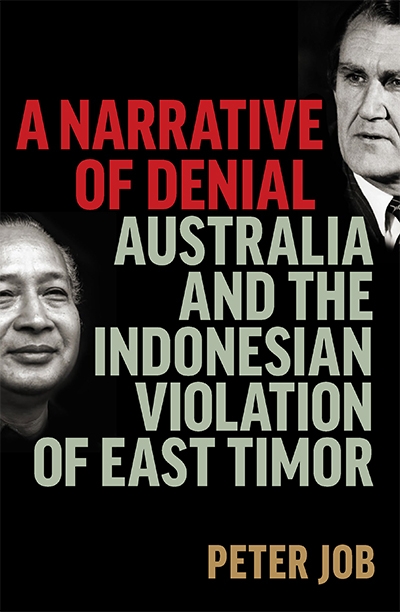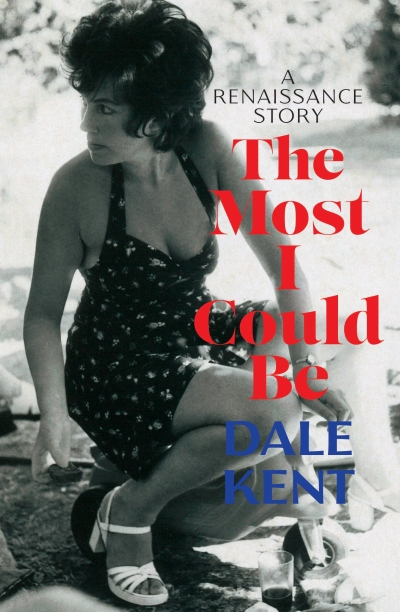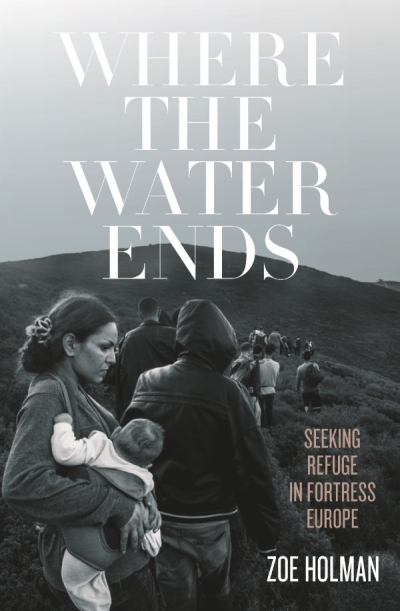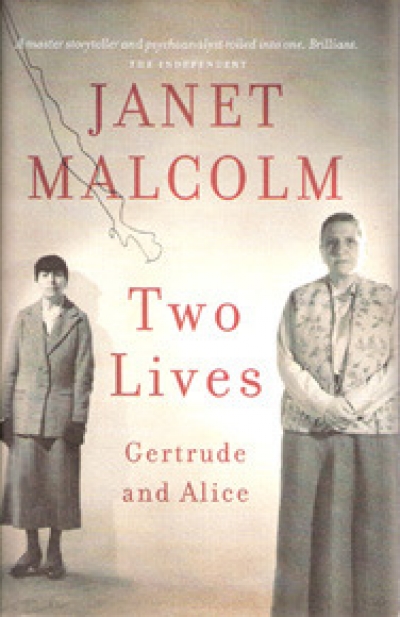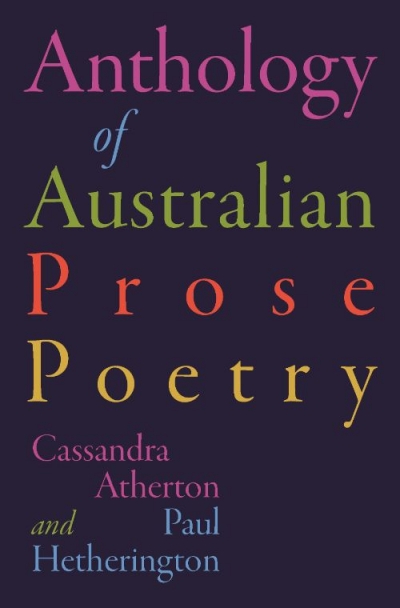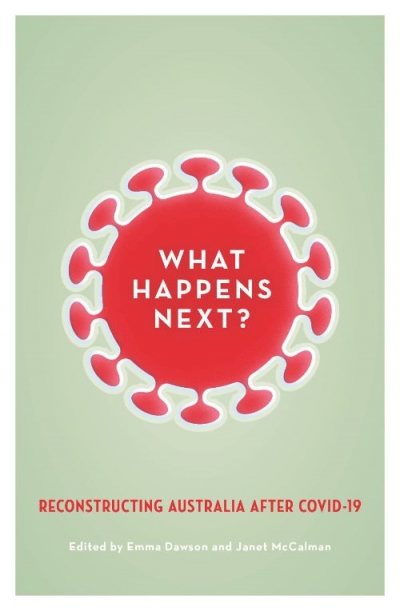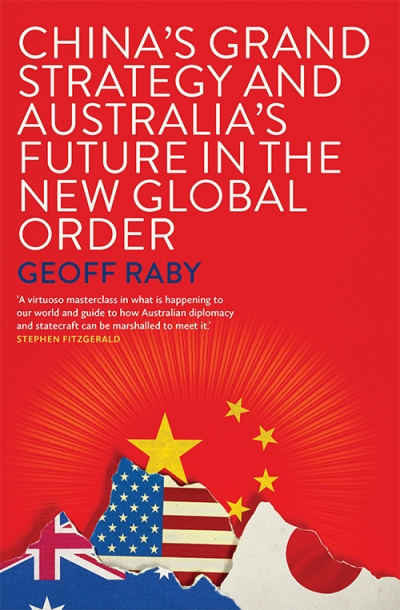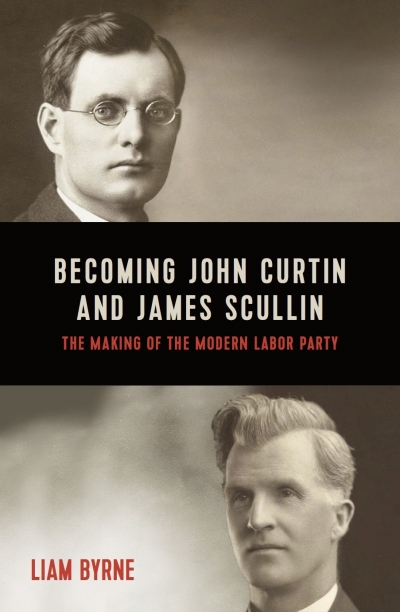Melbourne University Press
A Narrative of Denial: Australia and the Indonesian violation of East Timor by Peter Job
by Ken Ward •
Where the Water Ends: Seeking refuge in fortress Europe by Zoe Holman
by Tom Bamforth •
The Anthology of Australian Prose Poetry edited by Cassandra Atherton and Paul Hetherington
by Des Cowley •
What Happens Next? edited by Emma Dawson and Janet McCalman & Upturn by Tanya Plibersek
by Morag Fraser •
China’s Grand Strategy and Australia’s Future in the New Global Order by Geoff Raby
by Hugh White •
Meanjin Quarterly: Volume 79, Issue 2 edited by Jonathan Green
by Elizabeth Bryer •

